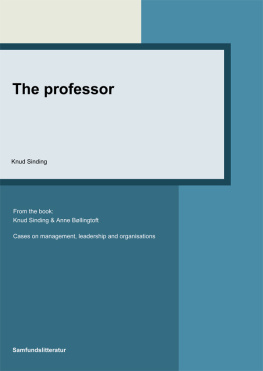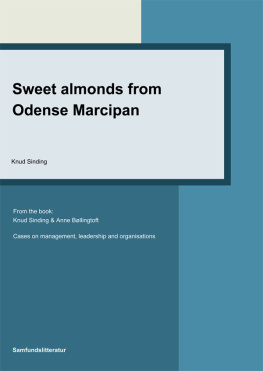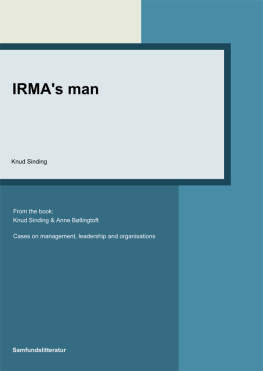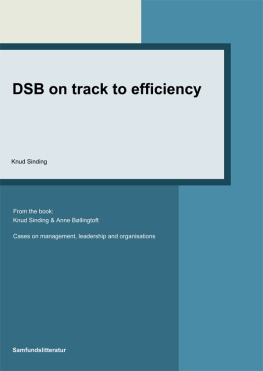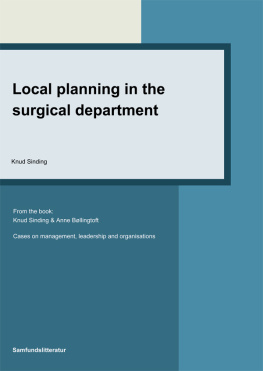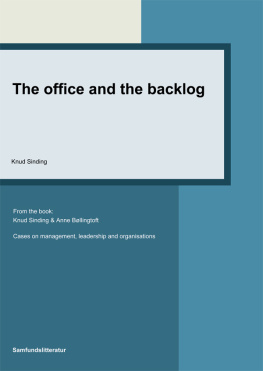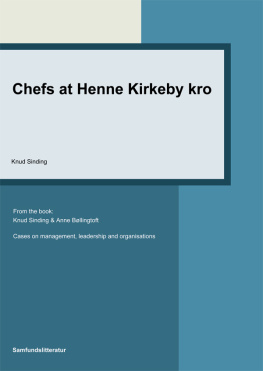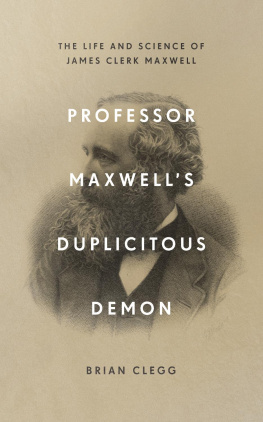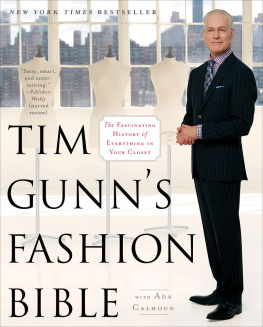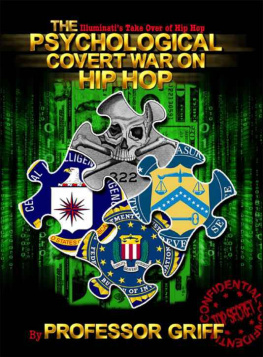Sinding - The professor
Here you can read online Sinding - The professor full text of the book (entire story) in english for free. Download pdf and epub, get meaning, cover and reviews about this ebook. City: Samfundslitteratur, year: 2013, publisher: Samfundslitteratur, genre: Art. Description of the work, (preface) as well as reviews are available. Best literature library LitArk.com created for fans of good reading and offers a wide selection of genres:
Romance novel
Science fiction
Adventure
Detective
Science
History
Home and family
Prose
Art
Politics
Computer
Non-fiction
Religion
Business
Children
Humor
Choose a favorite category and find really read worthwhile books. Enjoy immersion in the world of imagination, feel the emotions of the characters or learn something new for yourself, make an fascinating discovery.
The professor: summary, description and annotation
We offer to read an annotation, description, summary or preface (depends on what the author of the book "The professor" wrote himself). If you haven't found the necessary information about the book — write in the comments, we will try to find it.
The professor — read online for free the complete book (whole text) full work
Below is the text of the book, divided by pages. System saving the place of the last page read, allows you to conveniently read the book "The professor" online for free, without having to search again every time where you left off. Put a bookmark, and you can go to the page where you finished reading at any time.
Font size:
Interval:
Bookmark:
Knud Sinding
The professor

Knud Sinding
The professor
From the book:
Knud Sinding and Anne Bllingtoft
Cases on Management, Leadership and Organisations, 1st edition 2012, chapter 1
1st e-book chapter 2013
Samfundslitteratur 2012
Cover design: Klahr|Graphic Design
Typeset: SL grafik, Frederiksberg
E-book production: Rosendahls BookPartnerMedia
ISBN: 978-87-593-9544-8
Samfundslitteratur
Rosenoerns All 9
DK-1970 Frederiksberg C
Denmark
Tlf: + 45 38 15 38 80
Fax: + 45 35 35 78 22
www.samfundslitteratur.dk
All rights reserved.
No part of this publication may be reproduced or used in any form or by any means graphic, electronic or mechanical including photocopying, recording, taping or information storage or retrieval system without permission in writing from the publisher.
CHAPTER 1
THE PROFESSOR
We meet different people every day. Some encounters are repetitive, for example within an organisation. Some encounters are important, and the outcome of these can be decided by how we, as people, understand and interact with others. One way of preparing is by acquainting ourselves with the counterparts personality.
A professor at a university heads a research area, guides his or her students and teaches in a specialised area. Reaching the position of professor requires many publications in internationally recognised journals, and the flow of publications should preferably continue after appointment. The pressure to achieve success can be relentless, and the competition for jobs, funding and prestige can be ruthless. It can also be very unpleasant. The well-known diplomat and former Harvard University professor Henry Kissinger supposedly expressed it like this:
Academic politics is much more vicious than real politics. We believe it is because there is so little at stake.
Dark clouds on the horizon
The professors superior, the head of the department, was too busy to think of this because he was writing a report about the professor in which he used the phrase, recognised in any university as being the academic equivalent of a nuclear bomb; scientific misconduct about the professors research. The phrase is considered an unconditional declaration of war against the person accused of such scientific misconduct. Only a police complaint can be a more extreme measure and more harmful to the person being accused, regardless of the outcome.
When scientific misconduct is brought up, it is an accusation that must be investigated carefully. Such an accusation has far-reaching effects and can bring collateral damage to the accuseds colleagues, the department, the faculty and the entire university. These effects can manifest themselves in the form of deteriorating work climate, worsened possibilities for external funding, increased control and monitoring, as well as staff exodus. This also raises the question of whether anyone at the various levels of management may be responsible for the misconduct.
An accusation of misconduct is catastrophic for the one accused. Even if it turns out to be unfounded, the accusation is likely to taint the person for the remainder of his or her career. In some situations, the detection of misconduct can be very important for society. Some years ago a British doctor published results suggesting a link between vaccines against the childhood diseases measles, mumps and rubella and incidences of autism. Before the fraud was discovered, vaccination rates had dropped significantly. Whether children as an indirect result of scientific misconduct will die unnecessarily may never be known, but it is a real problem that parents, out of fear of autism, expose their children to risks created by fraudulent reports.
The head of the department used misconduct in his report, while at the same time listing a number of other concerns related to the professors work; among other things that he, in dealing with students and younger researchers, whom he, through his capacity as research group leader, had the responsibility of leading, guiding and helping, could frequently behave in ways that were absent-minded, arbitrary and characterised by significant mood swings.
Smoke without fire
The head of department wrote the report because some students had made a complaint. They had worked with the professor and had conducted a study in the laboratory. It didnt provide any useful data. When the professor later showed them a draft of a (joint) publication on the topic, the useless data had been changed to indicate a much clearer outcome a prerequisite for a journal publication of the article. The students were astonished and disagreed so much, that they had asked to be removed as co-authors of the article. They then reported their concerns to the head of department.
The head of department had confiscated all of the professors samples and materials and sent everything for additional review outside of the university. This was possible because the professor was suspended from his position on a different matter and locked out of his laboratory. The external review showed that the professors results were unusable and, in addition, were so uniform in a statistical sense that it could only be considered unusual. After that, misconduct became part of the report.
There were other issues, which had been raising concerns for several years. The professors doctoral dissertation was rejected by the examining committee because there was uncertainty surrounding the number and the quality of some of the tests that were part of the dissertation. When the issue was raised, the professor changed his account of the tests three times. First, the tests were done at the university. When this couldnt be documented, the professor stated that they were done at a foreign university. When this was rejected by the university in question, the professor explained that the tests had been conducted in a private companys laboratory, but that the professor couldnt give further information due to confidentiality clauses. When the firms name was eventually revealed, it was discovered that it wasnt registered in the country it was supposed to be located in and where the tests should have taken place. A firm with the same name existed in a different country and had the same logo, which was found on documents the professor had submitted as documentation. The only problem with this explanation was that the logo was first used several years after the contested tests were claimed to have taken place.
Other critics of the professors work encountered a different form of challenge. The professor had hired a lawyer, and critics felt pressured into silence for fear of being met with legal proceedings for libel or thinly veiled threats from the universitys management that criticism could adversely affect the future employment of university employees who persisted in criticising the professor. However, critics existed some of them highly respected scientists, who had previously supported the professor.
Bad professor
A report about misconduct is hard to keep quiet. In this case, actions of those involved should be seen in light of the special circumstances of the professor having a very close relationship to the government minister responsible for the universities. A quiet resolution of the case could have been of interest to both the minister and the university. However, when the misconduct case was first leaked, the quiet approach could no longer be maintained.
While the professor was suspended from his position as a result of an entirely different matter, the universitys president received a call from the professors good friend, the minister. She had just been replaced as minister in a government reshuffle, but the president knew her well. The president heard the ex-ministers surprise over the suspension of the professor, and the ex-minister didnt think the case (which had led to the suspension) merited such a drastic reaction. The ex-minister would personally stress to the Minister of Justice that the case against the professor was weak.
Next pageFont size:
Interval:
Bookmark:
Similar books «The professor»
Look at similar books to The professor. We have selected literature similar in name and meaning in the hope of providing readers with more options to find new, interesting, not yet read works.
Discussion, reviews of the book The professor and just readers' own opinions. Leave your comments, write what you think about the work, its meaning or the main characters. Specify what exactly you liked and what you didn't like, and why you think so.

